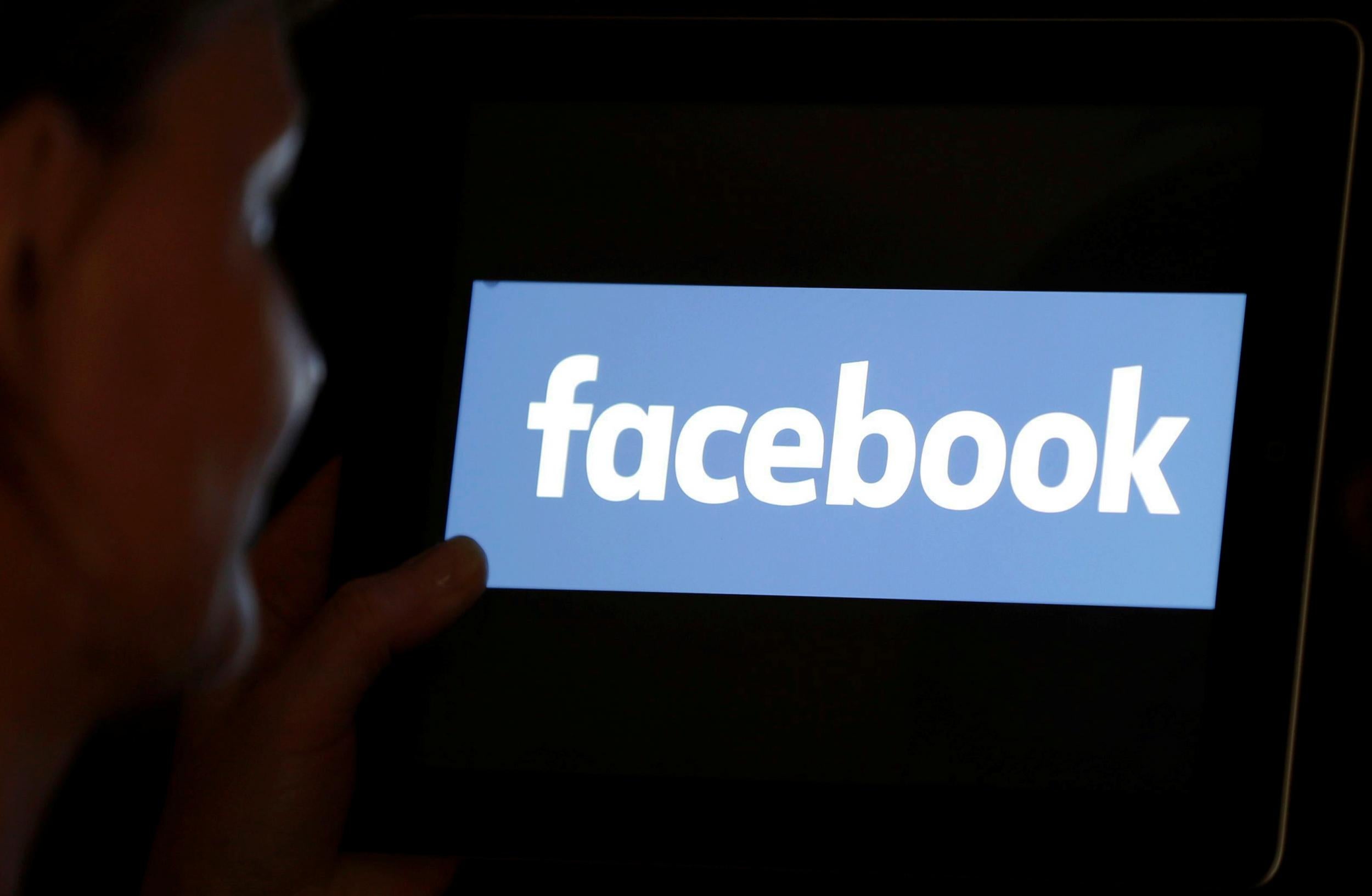The Independent's journalism is supported by our readers. When you purchase through links on our site, we may earn commission.
Facebook gave Apple, Samsung and other firms ‘deep access’ to user data
Data-sharing partnerships began 10 years ago

Your support helps us to tell the story
From reproductive rights to climate change to Big Tech, The Independent is on the ground when the story is developing. Whether it's investigating the financials of Elon Musk's pro-Trump PAC or producing our latest documentary, 'The A Word', which shines a light on the American women fighting for reproductive rights, we know how important it is to parse out the facts from the messaging.
At such a critical moment in US history, we need reporters on the ground. Your donation allows us to keep sending journalists to speak to both sides of the story.
The Independent is trusted by Americans across the entire political spectrum. And unlike many other quality news outlets, we choose not to lock Americans out of our reporting and analysis with paywalls. We believe quality journalism should be available to everyone, paid for by those who can afford it.
Your support makes all the difference.Facebook granted inappropriate access to its users' data to more than 60 companies, including Amazon, Apple, Blackberry and Samsung, according to a report.
The social network, which boasts more than 2.2 billion users worldwide, began forming partnerships with the companies around 10 years ago in order to increase Facebook's reach, and allowed the companies to gain "deep access" to private data, according to The New York Times.
The publication suggests the partnerships could be in breach of a 2011 consent decree by the US Federal Trade Commission (FTC), which barred Facebook from granting other companies access to users' data without their explicit consent.
Facebook responded to the report in a blogpost titled: Why We Disagree with The New York Times. The company's vice president of product partnerships, Ime Archibong, argued that the partnerships were necessary because there were no app stores in the early days of Facebook.
"Companies like Facebook, Google, Twitter and YouTube had to work directly with operating system and device manufacturers to get their products into people's hands," Mr Archibong said.
"All these partnerships were built on a common interest – the desire for people to be able to use Facebook whatever their device or operating system."
Mr Archibong went on to add that Facebook users had to agree to share the information with the device makers, saying that the social network was unaware of any abuse of those companies.
A previous post by Mr Archibong in April this year noted that Facebook was winding down the data access permissions granted now that app stores are common place.
"We've already ended 22 of these partnerships," Facebook said. "As always we're working closely with our partners to provide alternative ways for people to still use Facebook."
The latest revelations about Facebook's data-sharing partnerships once again draw attention to Facebook's relationship with its users' data, which came under intense scrutiny in the wake of the Cambridge Analytica scandal.
Earlier this year, it was revealed the UK-based data analytics firm harvested personal information from around 87 million Facebook accounts for the purpose of political profiling.
When Facebook CEO Mark Zuckerberg appeared before Congress in March to answer questions about the scandal, he emphasised his company's commitment to its users' privacy.
"Every piece of content that you share on Facebook you own," Mr Zuckerberg said. "You have complete control over who sees it and how you share it."
Join our commenting forum
Join thought-provoking conversations, follow other Independent readers and see their replies
Comments